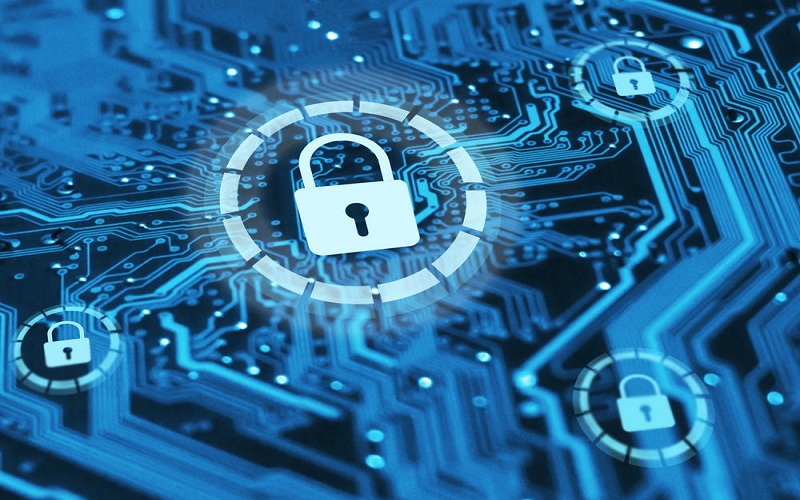As increasingly more employees work from home these days, companies are having to take extra steps to protect their data and business operations from cyber threats. With employees accessing company networks from home networks and devices, there are ever more opportunities for hackers to steal data and disrupt business operations. According to the technology advising team over at ISG, companies that do not increase their cybersecurity risk serious data breaches, loss of customer trust, and interruptions to key business operations such as sales, production, and service delivery.
Implement Multi-Factor Authentication
Multi-factor authentication (MFA) adds an extra layer of security by requiring employees to enter a onetime code from their phone or email besides their password when logging in to company systems. This helps to prevent hackers who may have obtained an employee’s password from easily logging in. Companies really should require MFA for all cloud applications and virtual private network (VPN) access. Enforcing MFA helps to reduce the risk of malicious actors gaining access and extracting sensitive company data, including customer information, financial records, product designs and other intellectual property that is integral to maintaining business operations.
Use a Virtual Private Network
A virtual private network (VPN) encrypts internet traffic, helping to obscure an employee’s identity and location. This prevents outsiders on public networks from spying on employees’ online activity and stealing data. Companies should really mandate that employees connect through the company VPN when it comes to accessing internal systems remotely.
Enable Firewalls
Firewalls monitor and control network traffic based on a predefined set of security rules. They help prevent unauthorized access by blocking malicious traffic. Companies should make certain that hardware firewalls are enabled on all office routers and Wi-Fi access points. They should also enable software firewalls on all employee devices as well, especially those that store customer data and other sensitive information essential for daily business operations.
Install Endpoint Security Software
Endpoint security software protects employee devices like laptops and phones through measures like antivirus scans, endpoint detection and response, and data encryption. Companies should provide and mandate security software for all devices granted access to internal systems that run key business operations processes. Keeping endpoint software updated with the latest threat data is essential for detecting emerging threats targeting remote workers.
Prioritize Cybersecurity Training
Despite advanced security controls, employees remain a leading cause of cybersecurity incidents through phishing attacks and other social engineering techniques that often result in ransomware attacks halting business operations. Companies must educate all staff on cyber risks associated with remote work while testing them through simulated phishing attacks. Focus training on spotting suspicious emails, safe web browsing, strong password policies and securing home networks.
Conduct Security Audits
Companies should conduct regular audits to identify any security gaps associated with remote work. Audits typically scan for misconfigurations in VPN access, cloud tools, firewall policies and employee endpoint devices that undermine defenses. Audits also assess if proper access controls are in place to limit employee access to sensitive systems and data essential to business operations.
Test Incident Response Plans
Robust incident response plans are crucial for swiftly containing cyberattacks affecting business operations. Companies must tailor plans to consider the unique challenges introduced by remote work and dispersed employees. Testing response plans through simulated security incidents ensures teams across the organization understand their role in rapidly responding to threats.
Conclusion
As remote work persists, companies must continue enhancing cybersecurity controls while fostering a vigilant cybersecurity culture among employees. Measures like MFA, VPNs, firewalls, endpoint software, staff education, audits and incident response testing provide overlapping layers of protection to secure data and maintain business operations. Companies failing to embrace cybersecurity as a top priority place their reputation, customer trust and business continuity at substantial risk. Proactively strengthening defenses means organizations can thrive despite hybrid or fully remote work models.


